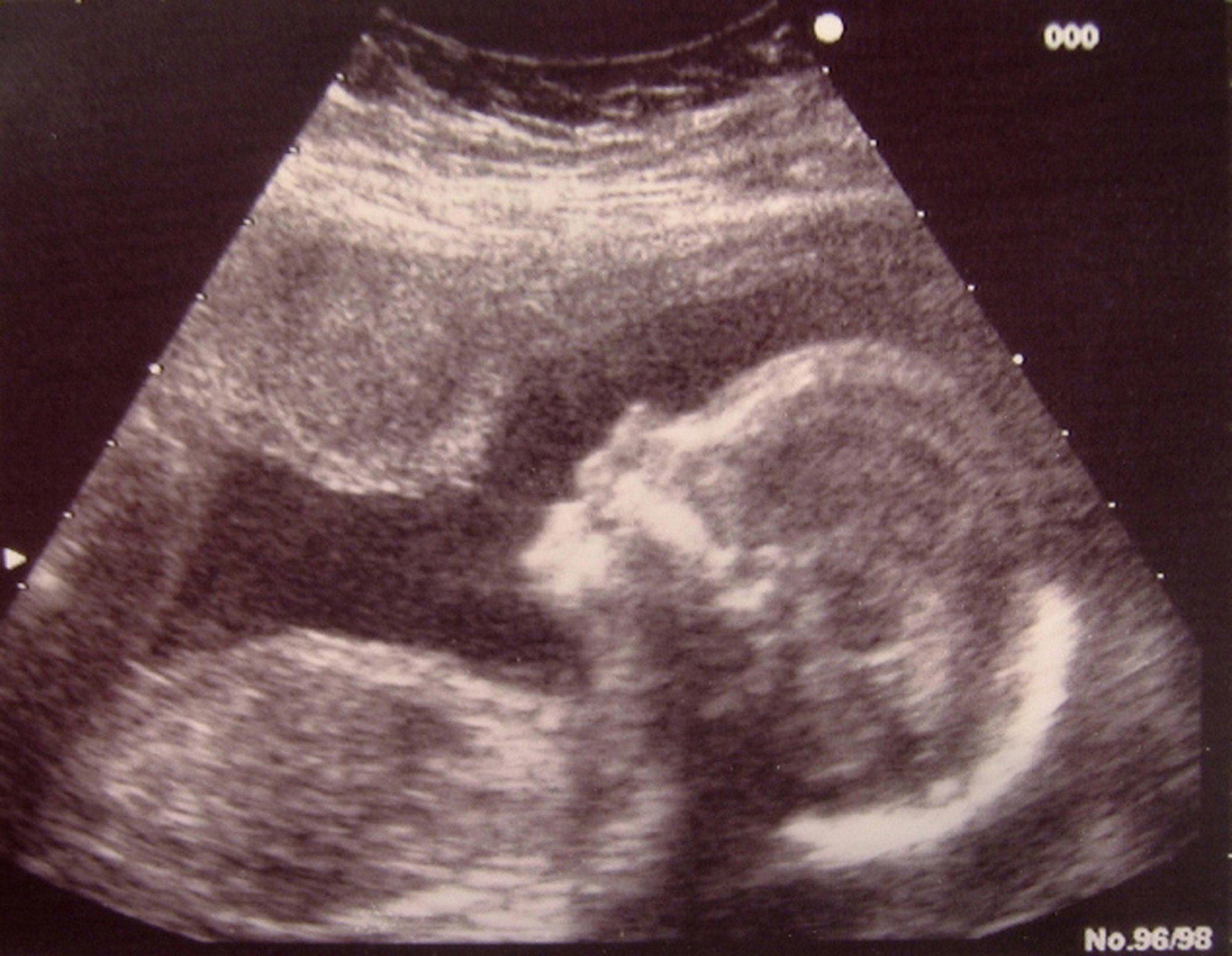
AUSTIN, Texas (BP) — Should abortionists be allowed to end the life of an unborn baby by pulling it apart, or should they remove it piecemeal only after its heart has stopped beating?
 The answer, at least in Texas, depends on the outcome of a five-day trial concluded Nov. 8 over a new state law banning dismemberment abortions. The law, passed in June, requires abortionists to use other methods besides dismemberment — such as clipping the umbilical cord or injecting digoxin or potassium chloride to stop the baby’s heart — before removing it from its mother’s womb.
The answer, at least in Texas, depends on the outcome of a five-day trial concluded Nov. 8 over a new state law banning dismemberment abortions. The law, passed in June, requires abortionists to use other methods besides dismemberment — such as clipping the umbilical cord or injecting digoxin or potassium chloride to stop the baby’s heart — before removing it from its mother’s womb.
Three pro-abortion groups, Planned Parenthood, Whole Woman’s Health and the Center for Reproductive Rights, sued the state over the law. They claim requiring a baby’s death before the dilation and extraction procedure heaps undue burdens on women and abortionists.
But during last week’s trial in federal district court, state attorneys emphasized the law’s “more humane” requirement.
“The state has legitimate interest … in protecting the health of a woman and life of a fetus that may become a child,” said state lawyer Darren McCarty. The law “regulates the moment of death, the moment of fetal termination, and nothing more. Whether … the lethal act is going to be, for instance, grabbing the leg and pulling it off the fetus, or whether instead the lethal act is going to be a single injection or perhaps just a snip of the umbilical cord.”
According to a news release from Texas Right to Life, “To defend the Dismemberment Abortion Ban … the state brought forward a wide array of compelling witnesses including abortionists, former abortionists, physicians, legal experts, bioethicists, public health experts, and others. Former abortionist Anthony Levatino, M.D., gave the court a brutal step-by-step explanation of the abortion procedure and his gut-wrenching personal conversion story that caused him to become a pro-life activist.
“Other important witnesses were current abortionists or neutral medical experts in Texas who entirely contradicted claims by the plaintiffs [and] explained the straightforward and common-sense ways that the abortion clinics challenging the law could comply. Lastly, a public health expert and OB-GYN systematically and patiently went through a plethora of the relevant medical, scientific, peer-reviewed literature to read into the court record how claims being made by the abortion industry about dismemberment abortions and the alternative procedures were categorically false,” the news release stated.
Texas Attorney General Ken Paxton called dismemberment abortion a “ghastly procedure.”
“I am hopeful the district court will find that Texas has an interest in protecting and fostering respect for human life, including unborn life, and that it will uphold the state’s lawful authority to protect the life and dignity of unborn children from barbaric dismemberment abortions,” Paxton said.
Pro-life groups remain hopeful the law will survive the legal challenge, despite presiding U.S. District Judge Lee Yeakel’s past stance on abortion.
In 2014, Yeakel ruled against a previous Texas law that required abortionists to have hospital admitting privileges and mandated abortion centers meet ambulatory surgical center requirements. He ruled the law “burdens Texas women,” a decision upheld last year by the U.S. Supreme Court in Whole Woman’s Health v. Hellerstedt.
Ingrid Duran, director of state legislation at the National Right to Life Committee (NRLC), said her group anticipates a decision by the end of the month.
“While it is true that U.S. District Judge Yeakel has a history of ruling against constitutional laws that protect unborn children, NRLC is hopeful that the attorney general will demonstrate why their state has a compelling state interest in protecting living unborn babies from horrifically being torn limb-from-limb in their mother’s womb,” Duran said.
Texas Values president Jonathan Saenz, who attended the trial, said in a statement that Paxton’s team did a good job making sure the state was “well represented.”
“It was hard to hear testimony about the brutal dismemberment abortion procedure in live court,” Saenz said. “One can only imagine how awful it is to subject a live human being to such a barbaric practice. We fully expect the court to put an end to this horror.”
Texas’ law isn’t the first dismemberment abortion ban to face a legal challenge. While West Virginia and Mississippi have laws that remain unchallenged, judges have either struck down or halted enforcement of similar laws in Oklahoma, Alabama, Arkansas and Kansas. Louisiana’s dismemberment ban also faces a legal challenge, and the state has agreed to delay enforcement.













